Although I enjoy books, I’m a glacially slow reader and in an average year might only finish two or three at most. Last year I, along with the rest of the world, found myself with considerably more free time and managed to get through a record number of tomes.
Instead of my usual diet of science fiction, I found myself drawn to historical and fictional accounts about the places I’ve enjoyed spending time in over the past decade, namely Hong Kong, Shanghai, Beijing, and latterly Japan; most of which are currently off-limits due to COVID travel restrictions.
I’ve been particularly interested in the pre/post-war periods of Shanghai and Hong Kong whose history is intertwined through colonialism and the refugees who migrated from one to the other during the conflicts which wracked China during the 20th century, the effects of which continue to reverberate today.
Below are some short reviews of what I’ve been reading.
Hong Kong
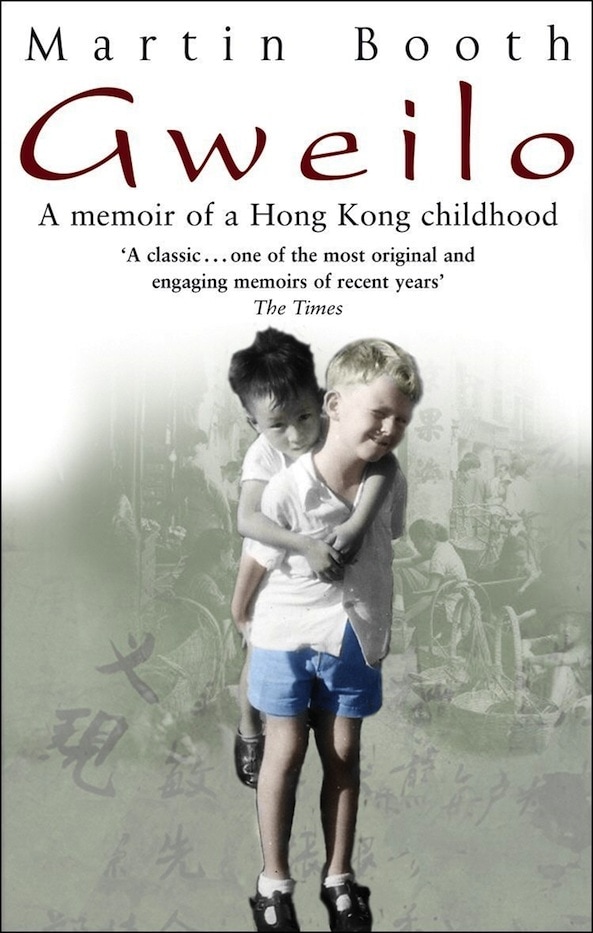
Gweilo
Memories Of A Hong Kong Childhood
by Martin Booth
A fascinating account of a British boy who grew up in colonial Hong Kong during the 1950s. He was often left to explore by himself and took full advantage to roam widely.
The book evokes a world rapidly disappearing from living memory and will be particularly nostalgic to anyone who has spent time in Hong Kong.
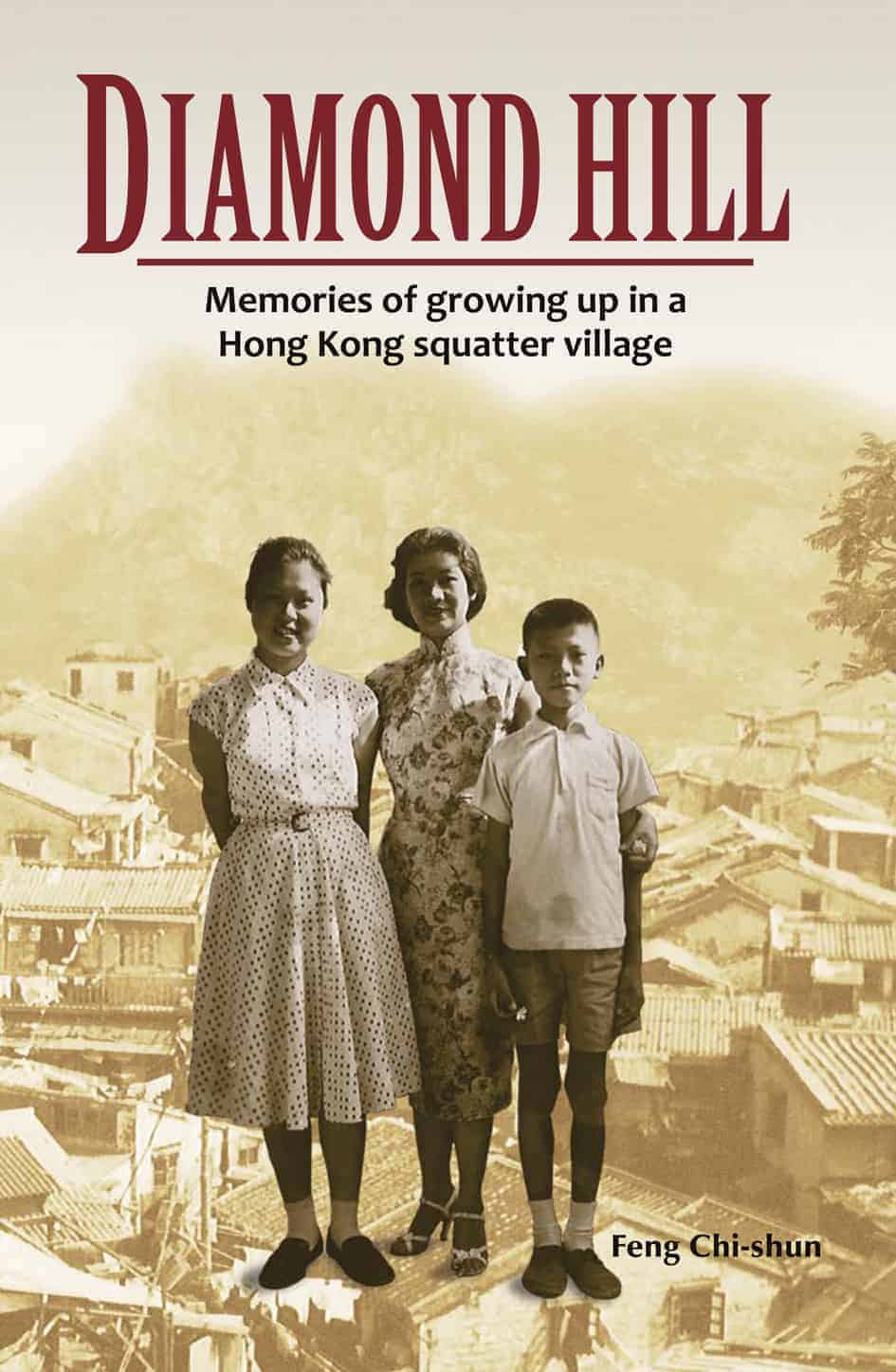
Diamond Hill
Memories of growing up in a Hong Kong squatter village
by Feng Chi-Shun
In contrast to Martin Booth, Feng grew up in a Chinese refugee family living in a Kowloon-side squatter village.
While not quite as engaging as Booth’s depictions, Feng presents the early years of a life shaped by a now-extinct community and manages to overcome hardships to ultimately thrive.
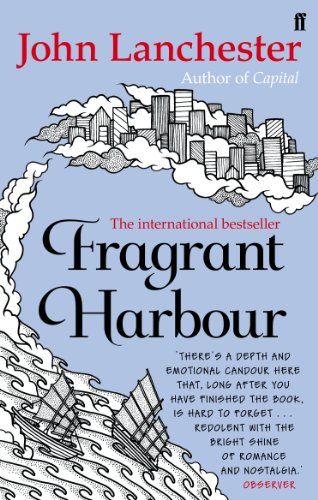
Fragrant Harbor
by John Lanchester
Chronicling the history of Hong Kong in the 20th century, the ambitious story is told through the voices of four different characters; a young journalist from England, a Chinese refugee, a Catholic nun, and a man from England who arrives with nothing and ends up owning his own hotel.
Their stories all intertwine, and the choices they make ultimately raise questions about integrity, responsibility, and compromise.
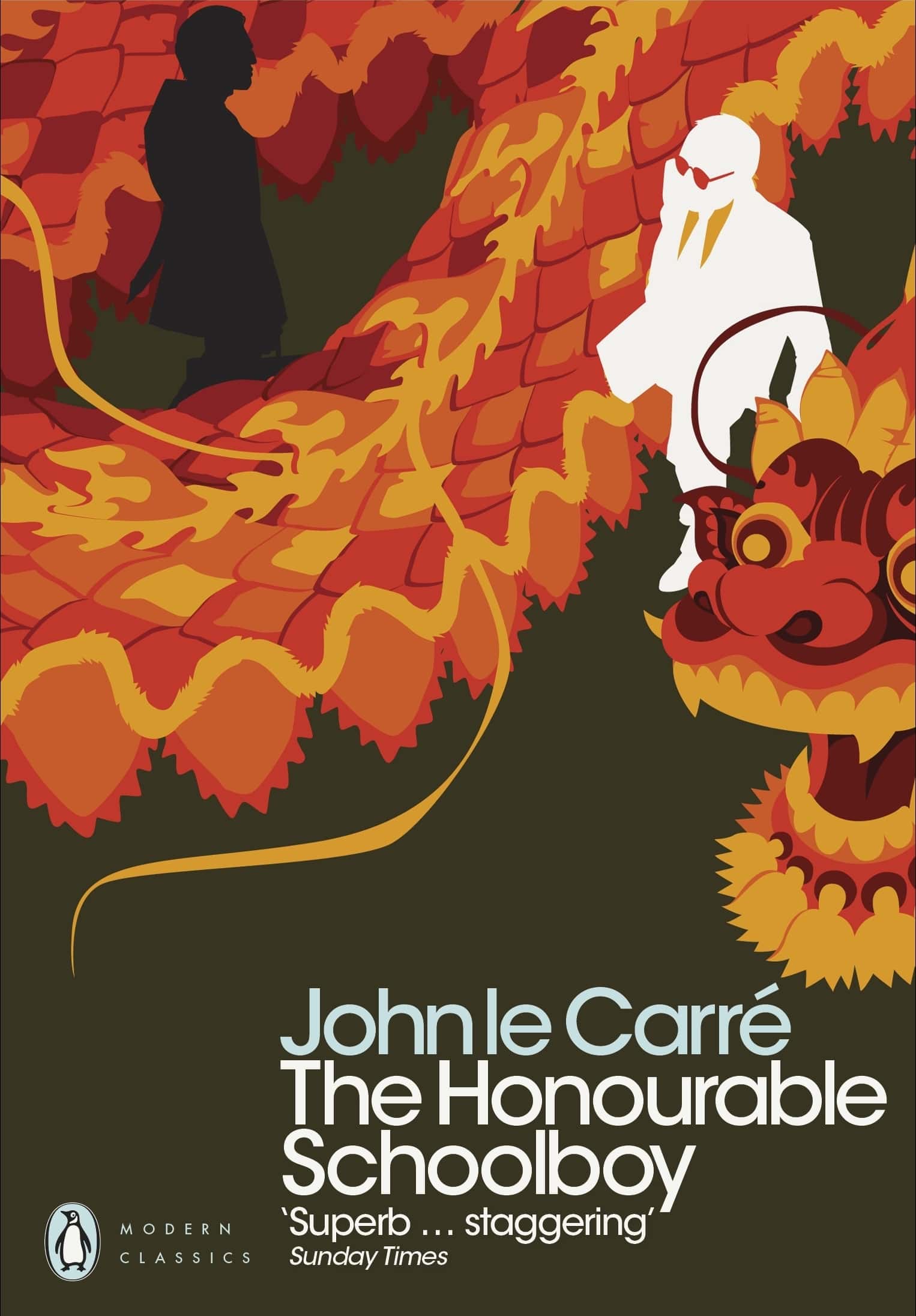
The Honourable Schoolboy
by John le Carré
Second in a trilogy of three classic spy novels, the book follows the Circus (aka the British Secret Service) as they attempt to rebuild their reputation and settle old scores after uncovering a Soviet double agent.
The energy and glamour of pre-handover Hong Kong and the turmoil-ridden landscapes of Cambodia, Laos and Vietnam are remarkably depicted.
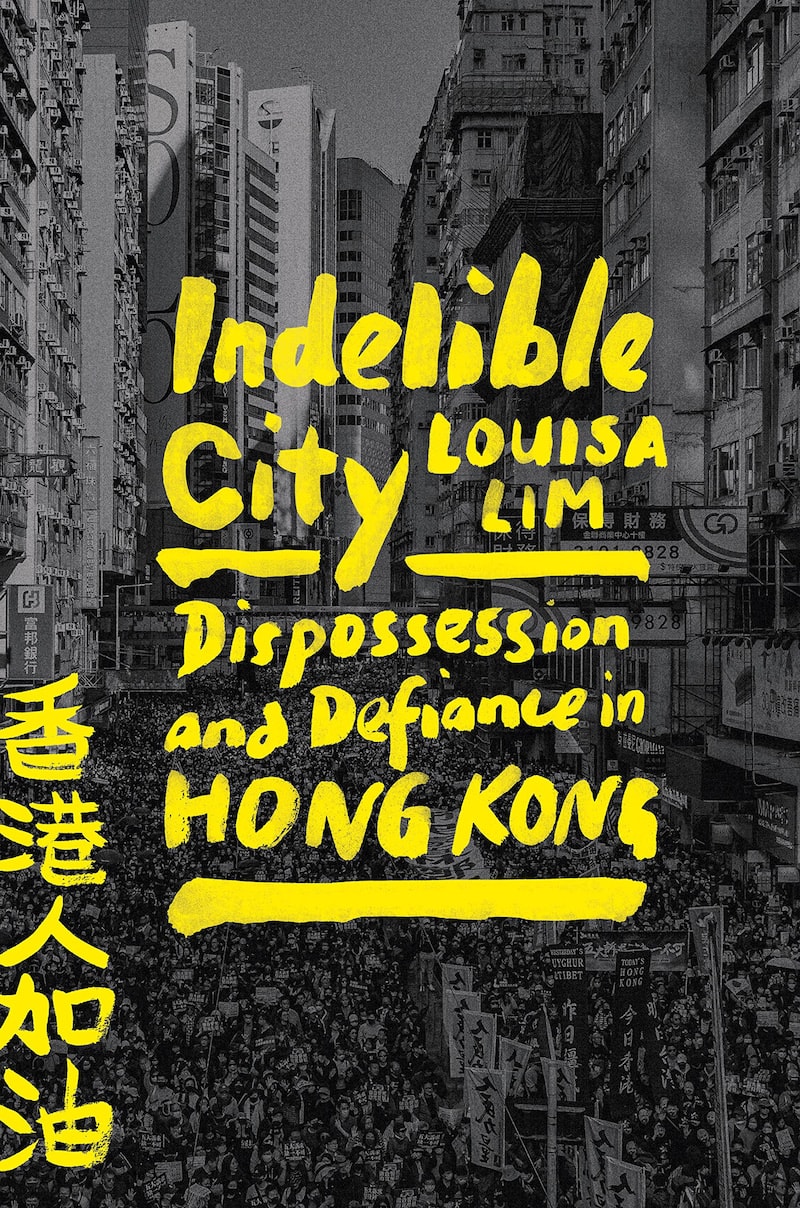
Indelible City
Dispossession and Defiance in Hong Kong
by Louisa Lim
Louisa Lim is a journalist and Hong Konger whose deeply researched and personal account casts new light on key moments: the British takeover in 1842, the negotiations leading to its return to China in 1997, the 2019 protests, and the future Beijing seeks to impose.
As someone with connections to Hong Kong, I found this quite painful to read but this is an important story to be told.
Shanghai
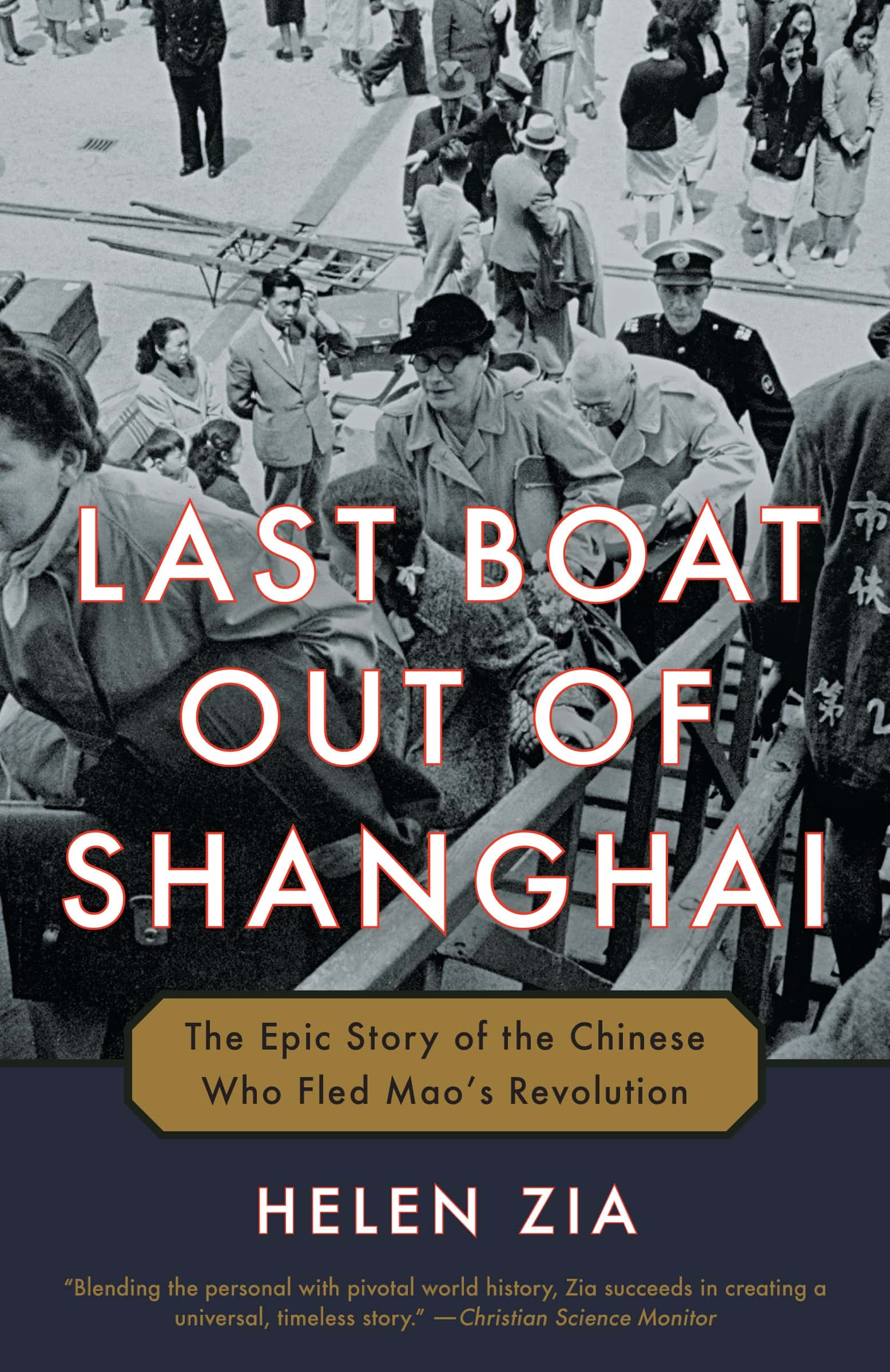
Last Boat Out of Shanghai
The Epic Story of the Chinese Who Fled Mao’s Revolution
by Helen Zia
The book tells the dramatic real-life stories of four young people from different backgrounds caught up in the mass exodus of Shanghai in the wake of the Japanese occupation and China’s 1949 Communist revolution.
The moving accounts though ultimately tragic, bear witness to the courage and grace of ordinary people and their ability to survive.
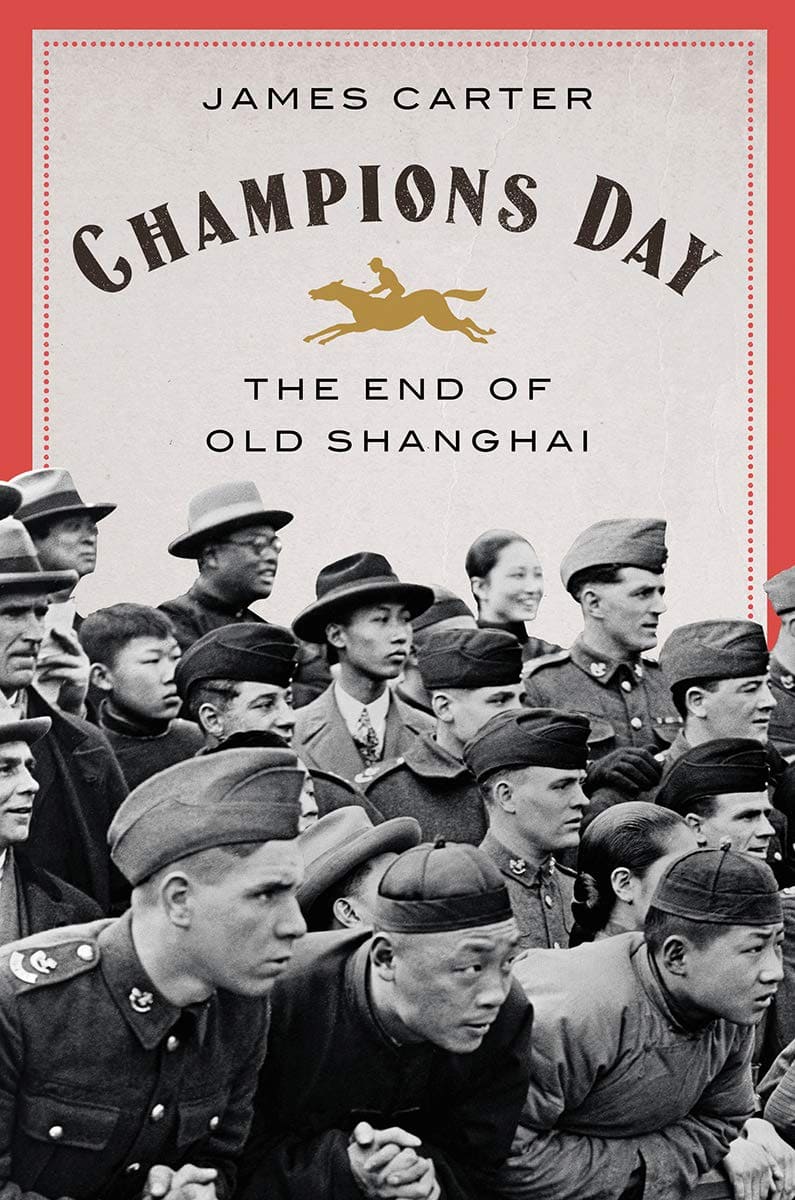
Champions Day
The End of Old Shanghai
by James Carter
Like with Last Boat Out of Shanghai, Champions Day follows the fortunes of those swept up in the fall of Shanghai to the Japanese in the 1940s through the lens of the Shanghai Race Club with all the class politics that surrounded it.
While there is a lot of horse racing detail I could have done without, it’s nevertheless a well-written and engrossing read about the lives of both locals and Shanghailanders at the time.
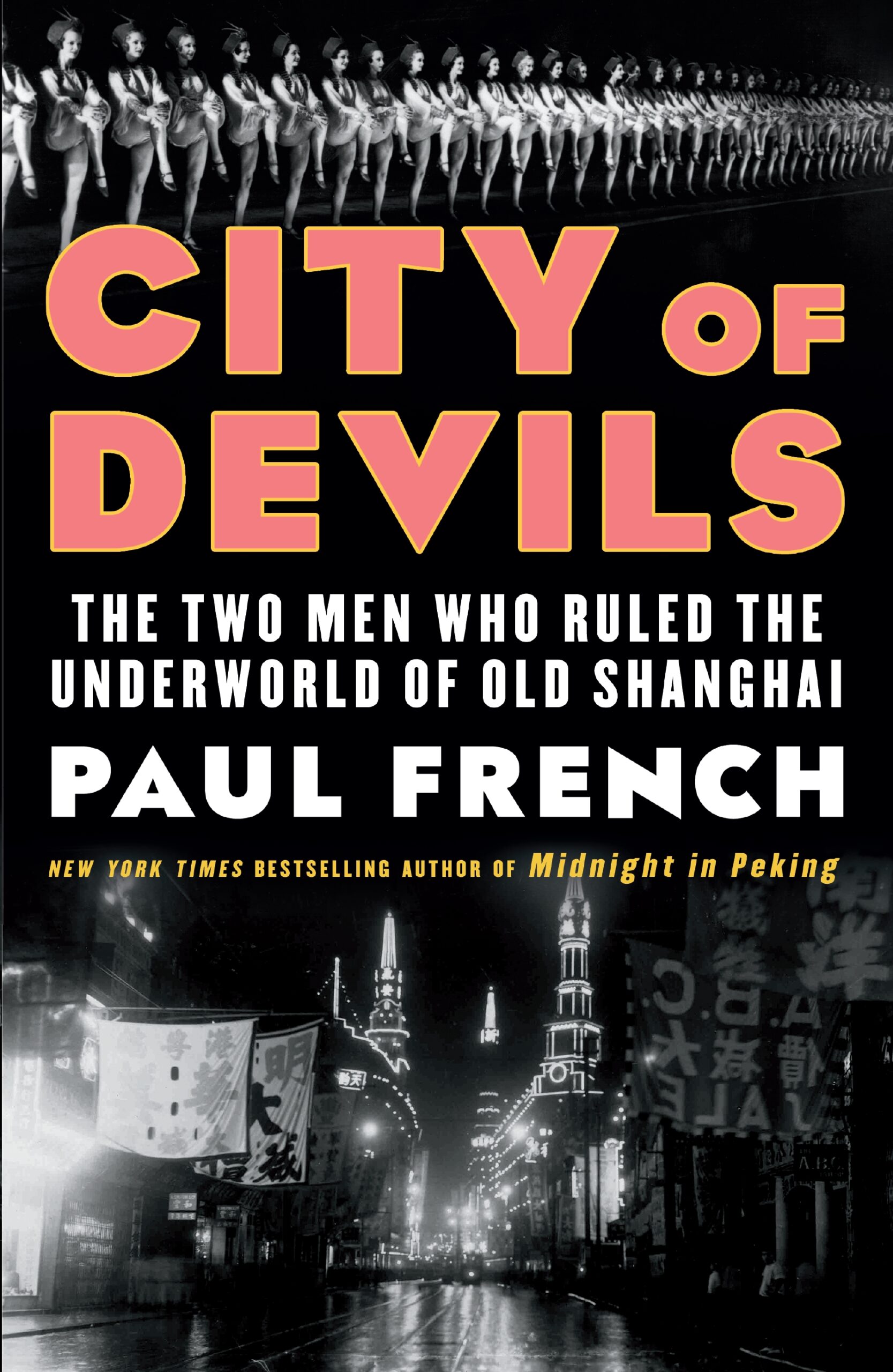
City of Devils
The Two Men Who Ruled the Underworld of Old Shanghai
by Paul French
City of Devils takes place in Shanghai on the cusp of World War II and follows the exploits of two displaced men who managed to run every kind of illegal activity known to man.
While I enjoyed French’s Midnight in Peking, I found the amount of trivia in here a bit hard going and an absence of anything to like in the characters.
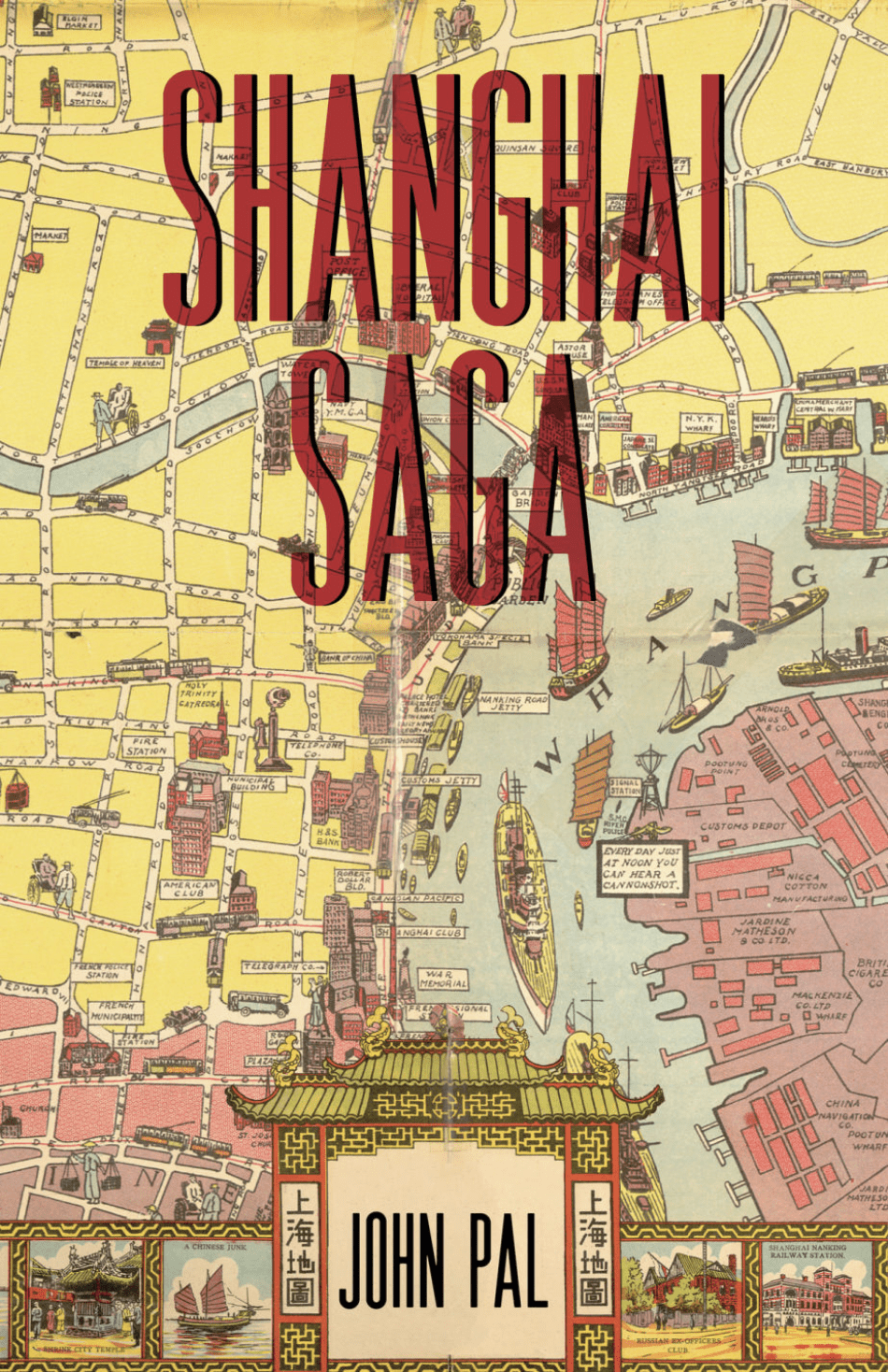
Shanghai Saga
The Story of a City
by John Pal
Shanghai Saga is the memoir of an Australian who worked as a customs official and newspaper reporter before fleeing from Shanghai in the face of the Japanese aggression.
John’s description of his daily life is fascinating and I found his writing style very engaging. If you only read one book about Old Shanghai, I would recommend this one.
Beijing
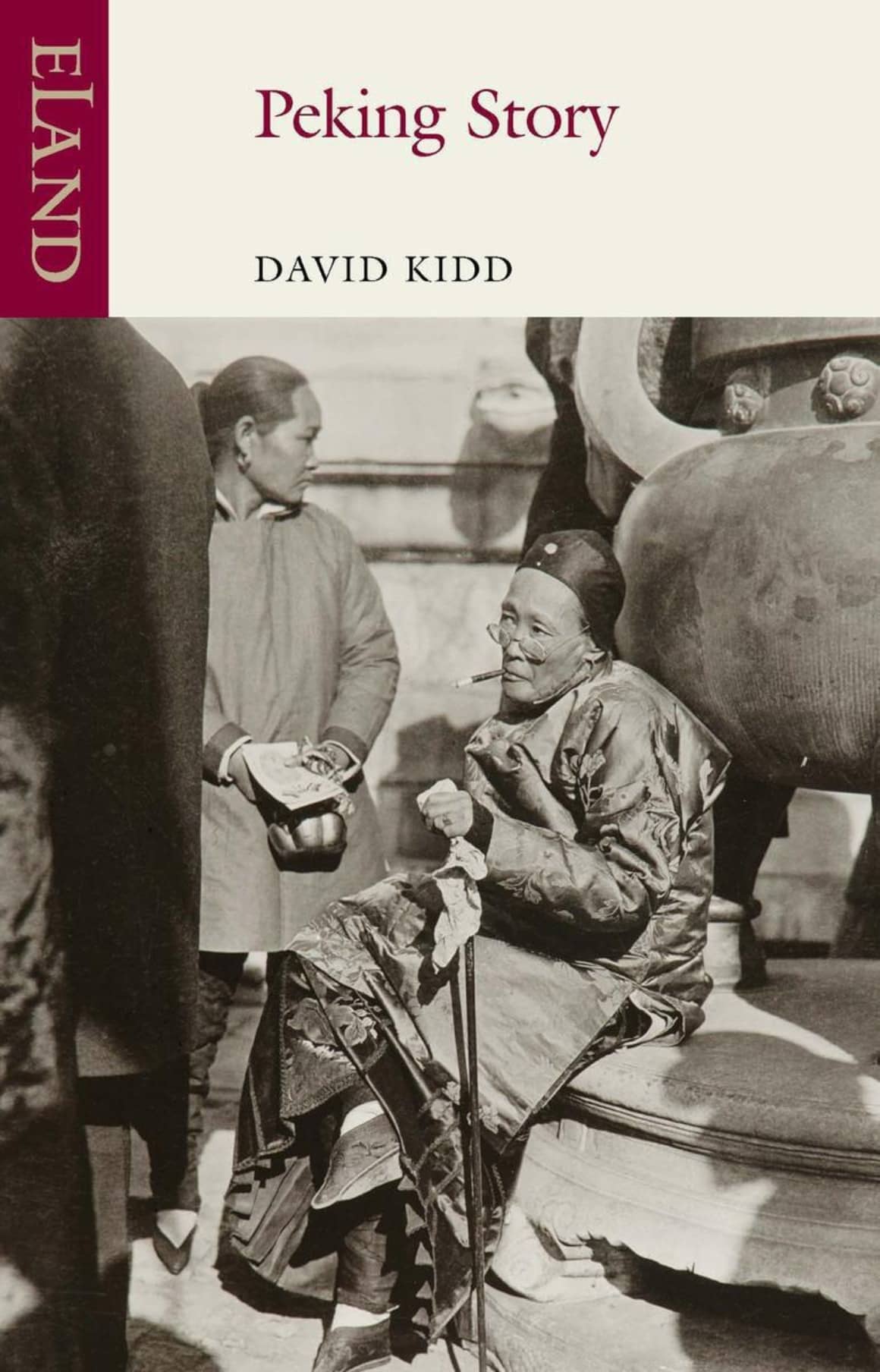
Peking Story
The Last Days of Old China
by David Kidd
For two years before and after the 1948 Communist Revolution, David Kidd lived in Peking, where he married the daughter of an aristocratic Chinese family.
He tells the haunting story of the last days of Mandarin culture and the dissolution of a powerful family.
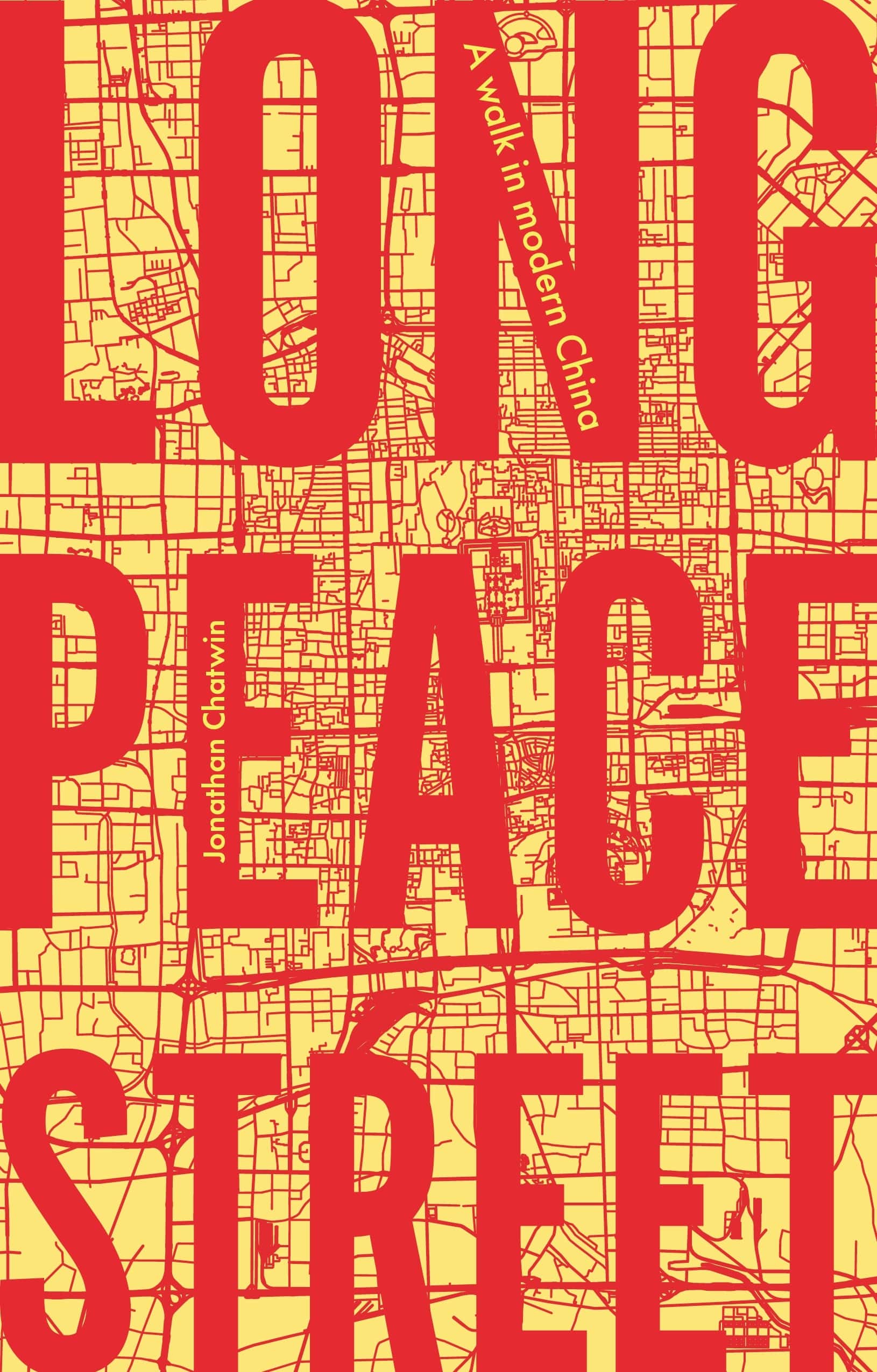
Long Peace Street
A Walk in Modern China
by Jonathan Chatwin
Jonathan takes us on a 20-mile walk along Chang’an Jie (Long Peace Street) which cuts a straight line through the heart of Beijing.
It’s an interesting premise around which the modern history of China is retold and a good introduction to a city that can be very disorientating.
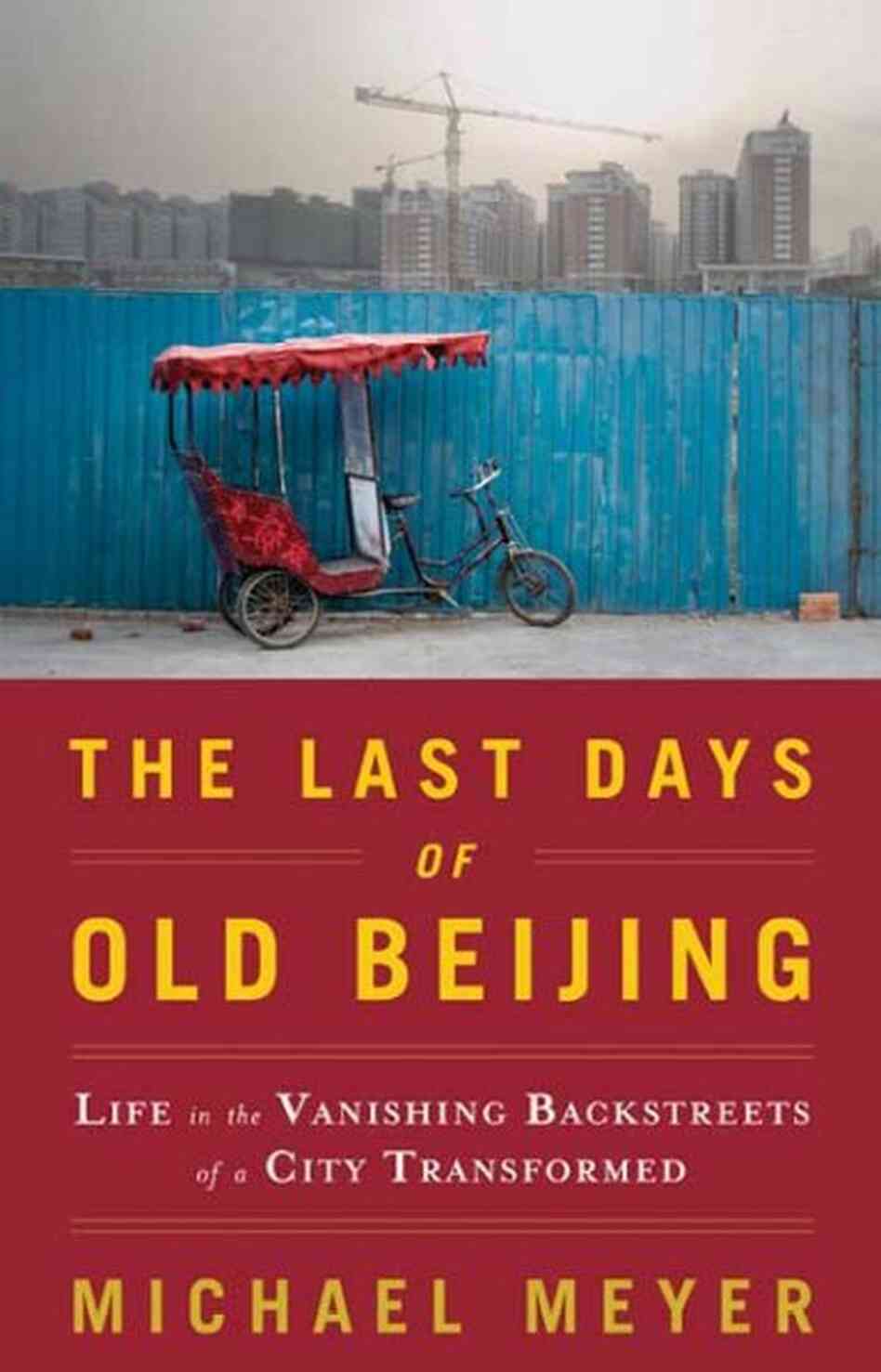
The Last Days of Old Beijing
Life in the Vanishing Backstreets of a City Transformed
by Michael Meyer
As someone who lived in Beijing around the same time as Mayer (~2007) his depiction of the destruction of the city’s oldest hutong neighbourhoods really hit home.
He tells the history of one of these courtyard homes from the unique vantage point of actually living, weaving historical vignettes with its then present-day plight. The loss of communal life is heartbreaking.
China
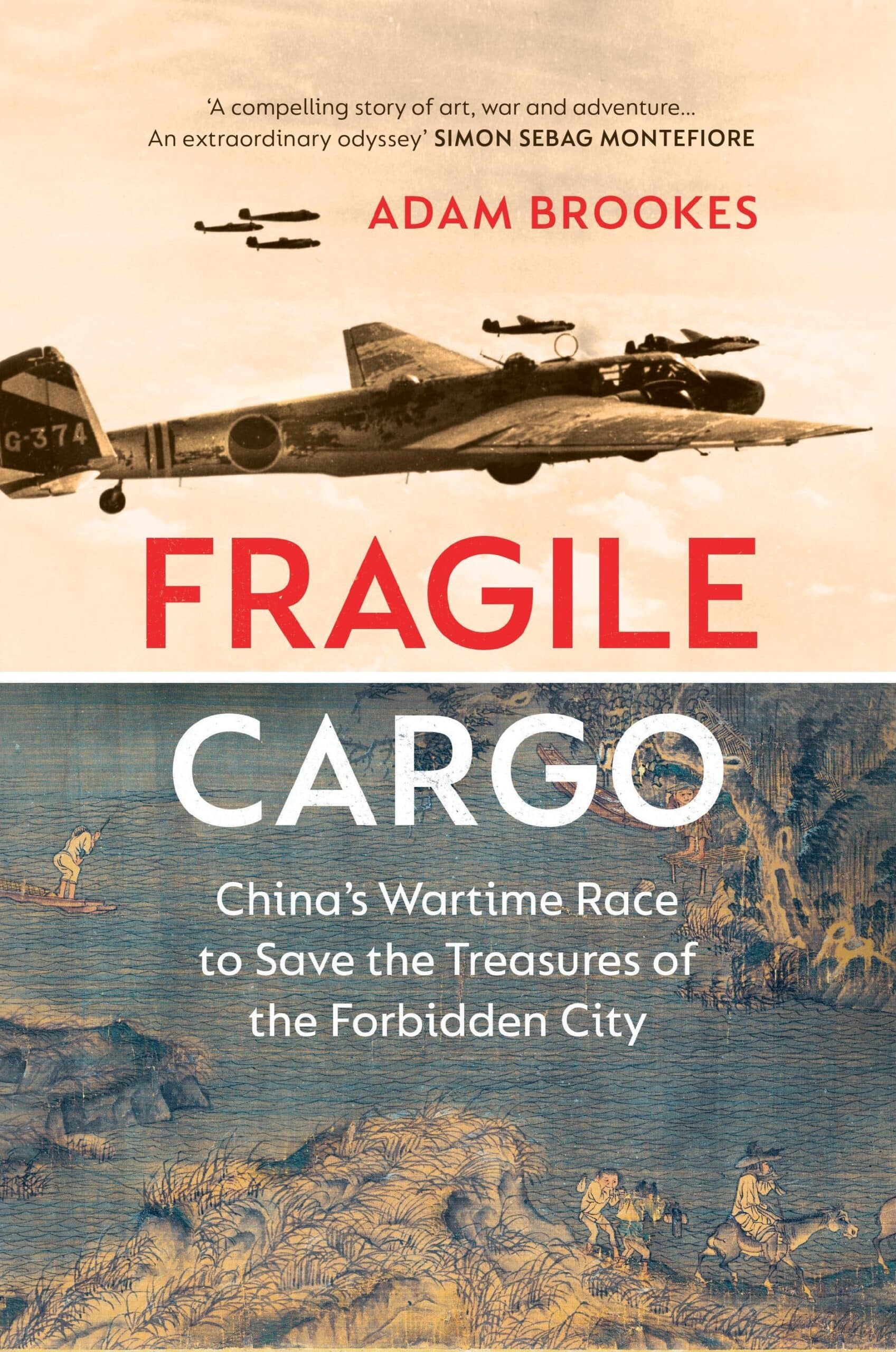
Fragile Cargo
China’s Wartime Race to Save the Treasures of the Forbidden City
by Adam Brookes
Fragile Cargo sheds light on the true story of how curators packed, evacuated and conserved the imperial art collections to protect them from the Japanese invasion and acted with extraordinary commitment and bravery during WWII.
It’s an engrossing read that reads almost like a thriller and is both inspiring and heartbreaking at the same time.
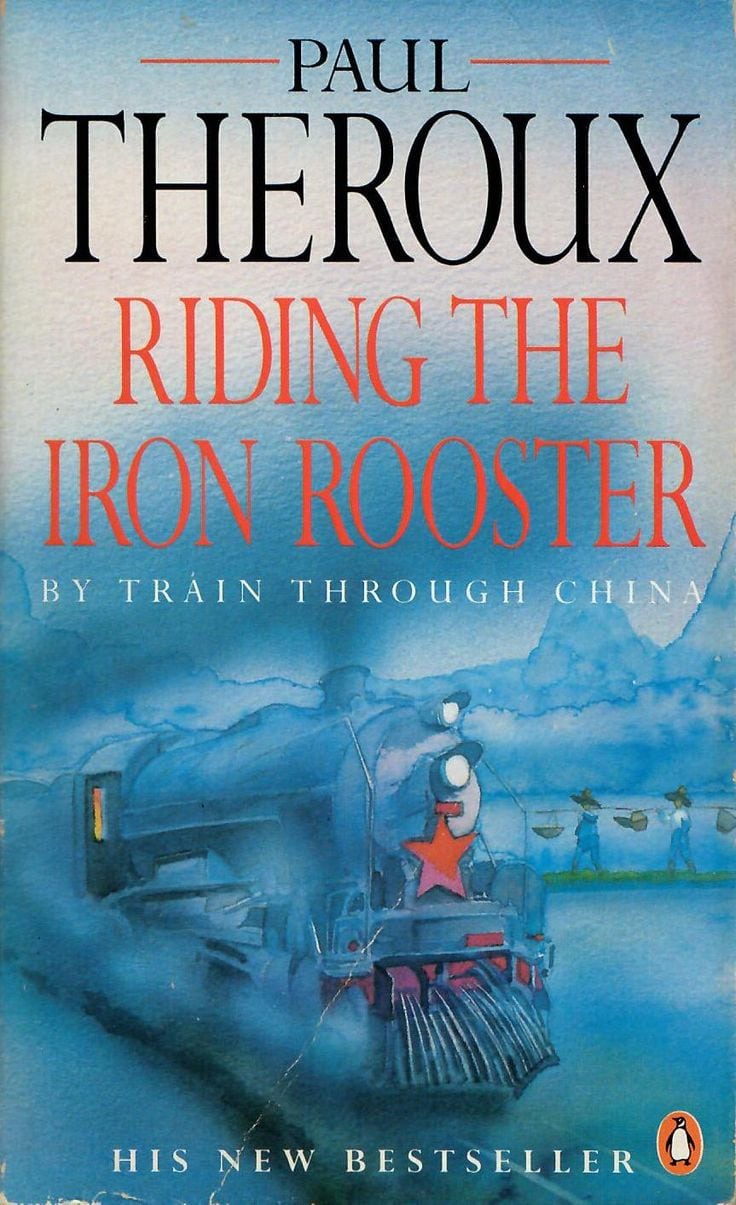
Riding the Iron Rooster
By Train Through China
by Paul Theroux
Theroux spent a year in 1987 travelling extensively throughout China by train. The China he explores is one just emerging from its era of isolation, and is in a mistrustful, albeit hopeful, period of testing the air let in from Deng Xiaoping’s open-door policies.
His cynical descriptions of the landscapes he encounters and the people he meets are both fascinating and occasionally hilarious. His sometimes condescending attitude has not aged well though.
Japan
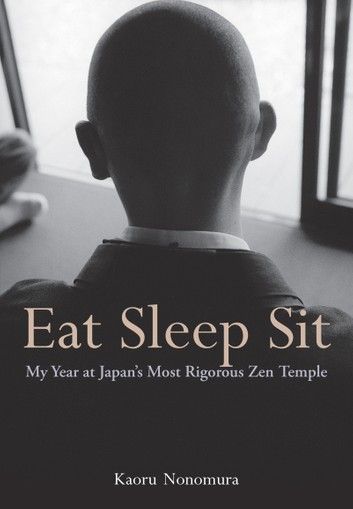
Eat Sleep Sit
My Year at Japan’s Most Rigorous Zen Temple
by Kaoru Nonomura
At the age of thirty, Kaoru Nonomura left his regular life behind to undertake a year of ascetic training at Eihei-ji, one of the most rigorous Zen temples in Japan.
He describes his struggles in the face of beatings, hunger, exhaustion, fear, and loneliness, the comfort he draws from his friendships with the other trainees, and his quiet determination to give his life spiritual meaning. It’s a real eye-opener.
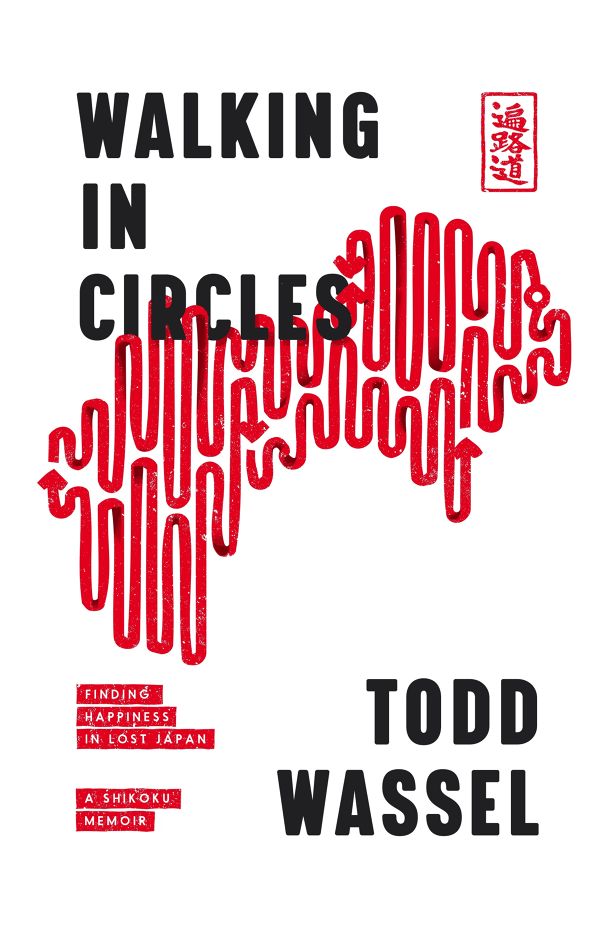
Walking in Circles
Finding Happiness in Lost Japan
by Todd Wassel
Undertaken in 2005, before the advent of the English guidebook and smartphones, Todd manages to weave a very personal story with the history of the Shikoku Pilgrimage and how Japanese culture has shaped it.
Even as someone who thought they knew Shikoku pretty well, there is still a lot to learn here and it was a joy to follow Todd around the island while revisiting my own journals at the same time.
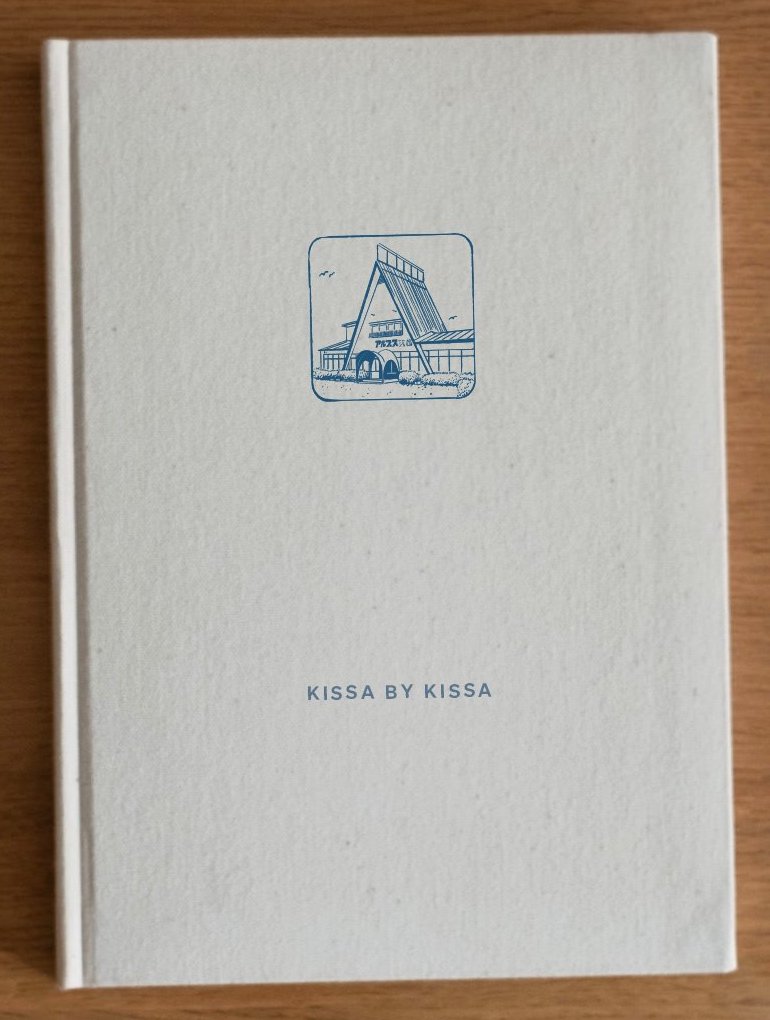
Kissa by Kissa
How to Walk Japan
by Craig Mod
A lovingly handcrafted meditation on the culture of pizza toast (!) served up by a dying breed of Japanese cafés called kissaten which Craig samples as he walks 1,000+km along the ancient Nakasendō highway.
It couldn’t be much more apropos to my walking interests!
Up next on my reading list: The Years That Were Fat, East Sails West, and A Dragon Apparent.
If you have any recommendations for books in a similar vein, please leave a comment below!

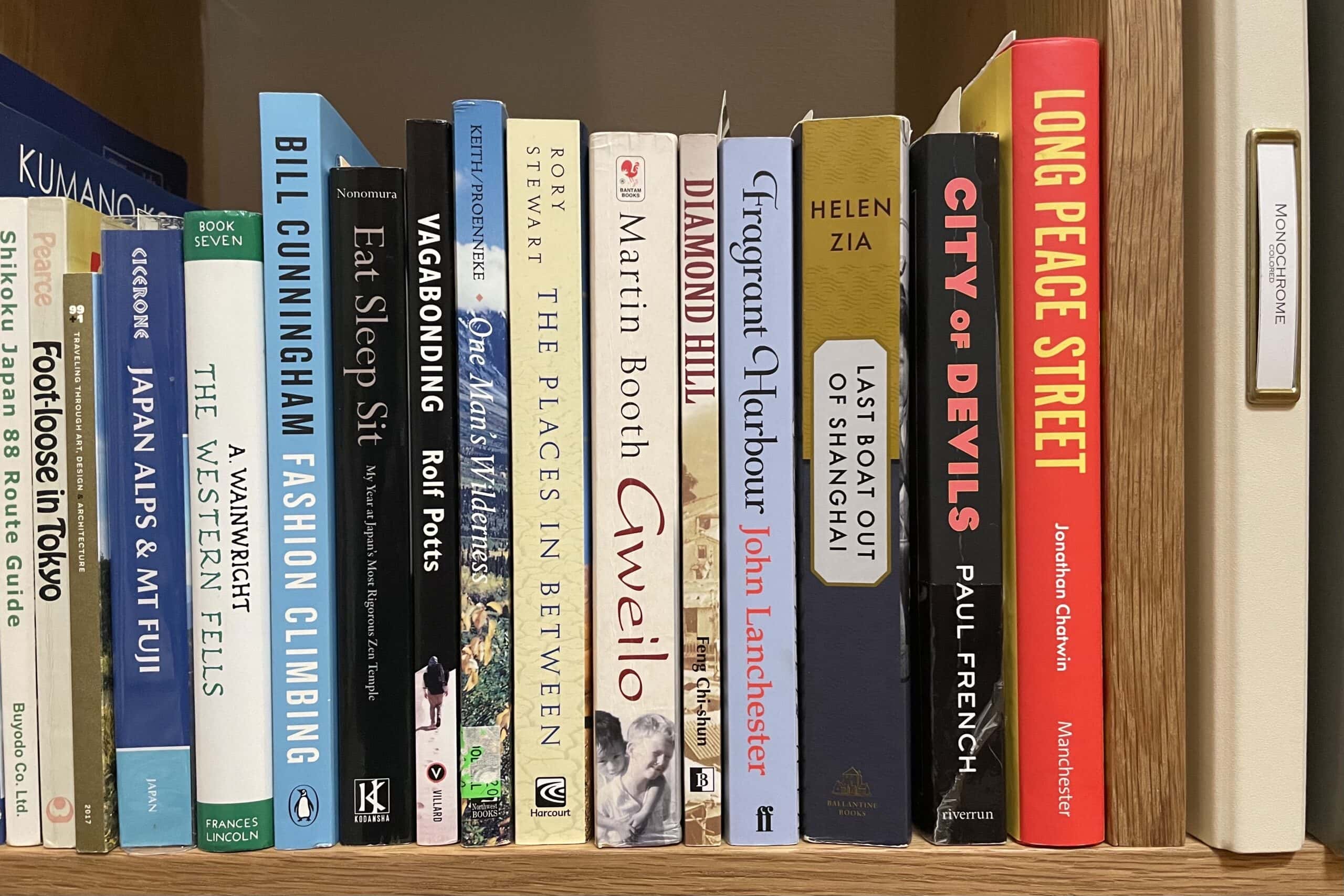
Reply